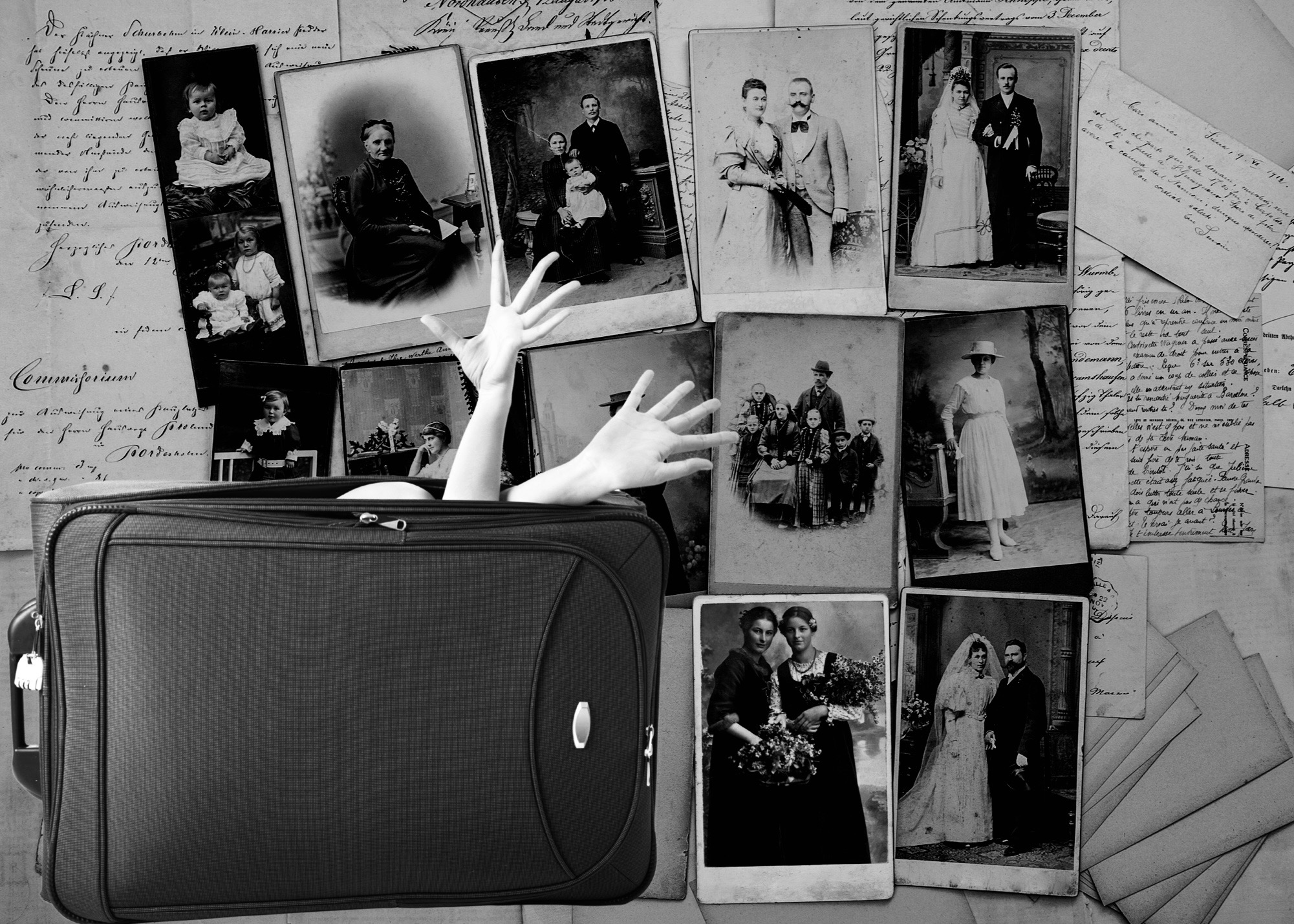
Vol. 23: Unpacking Ancestral Baggage
I'm trying realllllly hard not to drive this blog straight into Woo Woo town. But I am a strange ranger. I'm into weird shit; not serial killer weird, more like nerd weird—cool your jets.
For years, I have written and spoken about generational trauma and how emotional wounds get passed down throughout our familial lineage. But, after recently listening to an interview with Aubri Hathaway, a Family System's Constellation therapist, I was introduced to the idea of inherited hardships slightly differently than in my previous experience.
Hathaway uses the term, Ancestral Baggage to describe those passed down emotional scars and scrapes. The copywriter in me favors this term. But, no matter the title of my invisible arsenal of heirloom misdeeds and hand-me-down heartbreak, a smooth blend of epigenetics and psychology sprinkled with spirituality—that's my jam!
So, here we are, not precisely unpacking the baggage itself, but instead unlocking the hope chest where the luggage is stored.
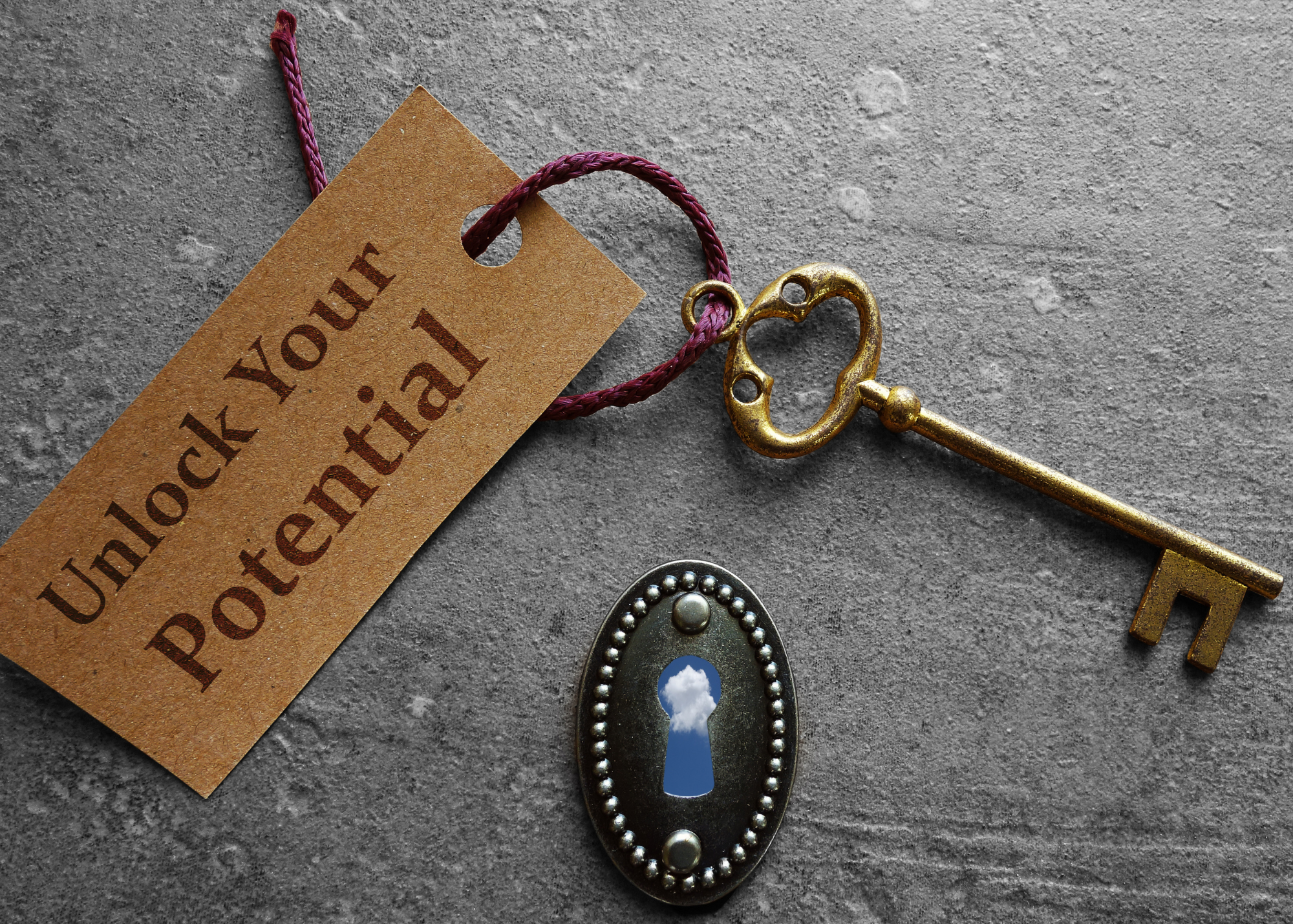
What Is Ancestral Healing?
The basis of ancestral healing is intrinsic to the human experience and our cultural belonging. It is inherent to all of us, regardless of our backstory or skin color, whether religious or non-conforming. We all have time-honored, cultural, and indigenous methods and rituals for honoring our heritage.
It's often apparent in how we behave and believe; and how earnestly we study the branches of our family trees.
Aspects of ancestral healing include:
- Honoring our homelands.
- Reflecting on our relatives' lives.
- Cherishing their impact on their children's lives and how they contributed to society.
Moreover, it's not only honoring your lineage—to whom you belong—but also how ancestral baggage is passed down and, on the other hand, how it's become lost along the way.
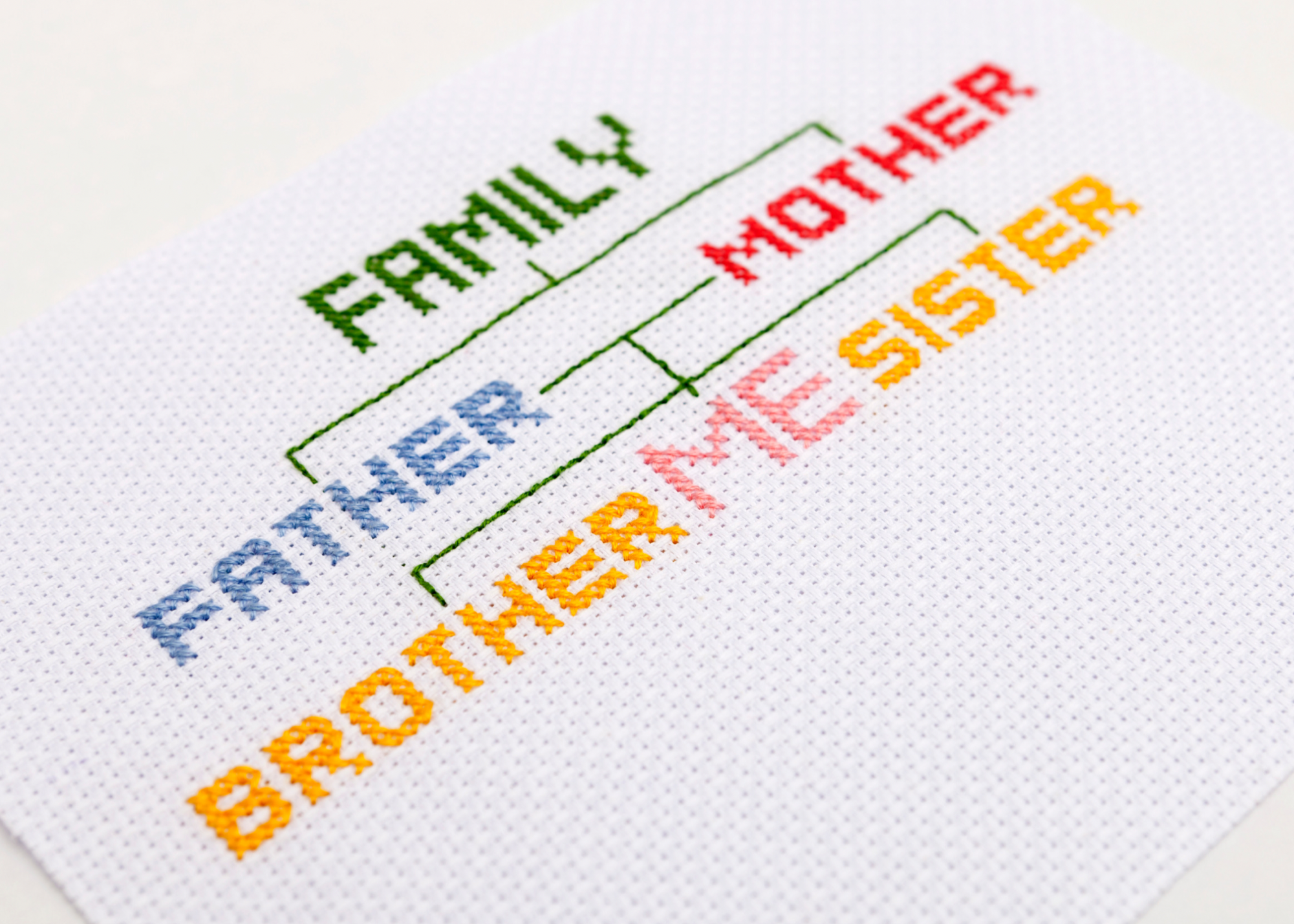
That’s Not My Bag, Baby
In her book, Emotional Inheritance, Dr. Galit Atlas writes,
"The people we love and those who raised us live inside us; we experience their emotional pain, we dream their memories, and these things shape our lives in ways we don't always recognize."
I think of this statement and paint a mental picture of my mother's face on the day she gave birth to me—bloated, terrified, maternal, loving, and elsewhere.
I was born in a small town in the southeastern United States in the mid-eighties. During the final six weeks of pregnancy, my mother was one hundred and fifty percent convinced that my father was involved in an extramarital affair with a hot, blonde co-worker named Sharon.
To this day, he denies it. To this day, mom insists he's lying; they divorced more than twenty years ago.
My mother's distrust of men didn't start with her; my grandmother was the same way. In fact, the majority of the women on my mother's side share this common denominator; an irrational fear of abandonment.
On my dad's side is the alcoholism gene, and that runs mighty deep. Almost as deep as the southern, Anglo-Saxon, right-wing, Christian values and receding hairlines.
The trauma, though, the battle scars and wounds? Those are abundant, flowing throughout the veins of both donors of my predisposition.
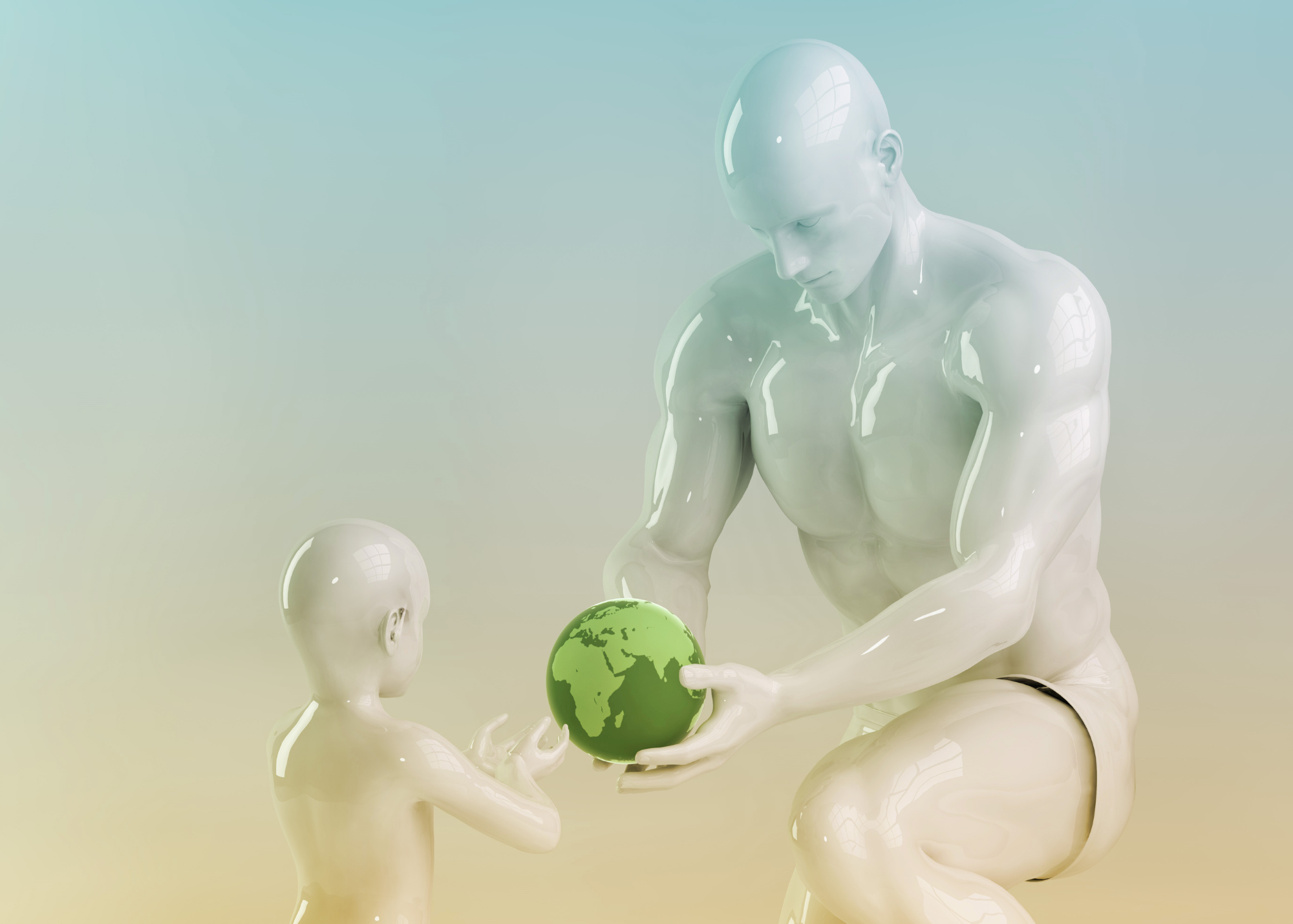
7 Ways To Heal
The following are seven tips for clearing ancestral baggage:
1. Identify the pattern
First, identify a pattern or area of your life where you feel stuck or sense the uneasiness is one you might have inherited.
2. Identify the belief
What belief might be driving it now that you have identified the pattern?
3. Trace the belief back in time
Imagine that you are tracing this belief back to the first time you started believing something similar. What was happening at the time?
Once you have spent a little bit with any memory that might come up, I invite you to keep going back in time, until before your birth, to a point that one of your ancestors might have started believing this.
4. Explore the belief's intention
When you sense where the belief likely came from, ask yourself what its function is. What was going on at the time that your ancestors needed that belief to protect them? What strategy was developed at the time to aid in their survival?
5. Acknowledge the ancestors’ sacrifices
Acknowledge your ancestors for the sacrifices they made to provide for their offspring. Appreciate their belief and strategy for its purpose—precisely what they needed to do at the time.
6. Ask for their support in releasing it
Imagine that you are projecting a video of your current life for your ancestors so they see how different your life and present circumstances are from theirs. Then, ask for their support in releasing the old belief and coping strategies. Removing these blockages for yourself will enable them to experience something different—through you.
7. Replace the old strategy with a new one
Now, write down a new belief you would like to replace the old one. Imagine you are bringing this new belief into your crown (the top of your head). Feel it start to permeate the neural pathways conditioned to the old idea. Then, feel it spreading through the rest of your body and into all the cells impacted by the old belief.
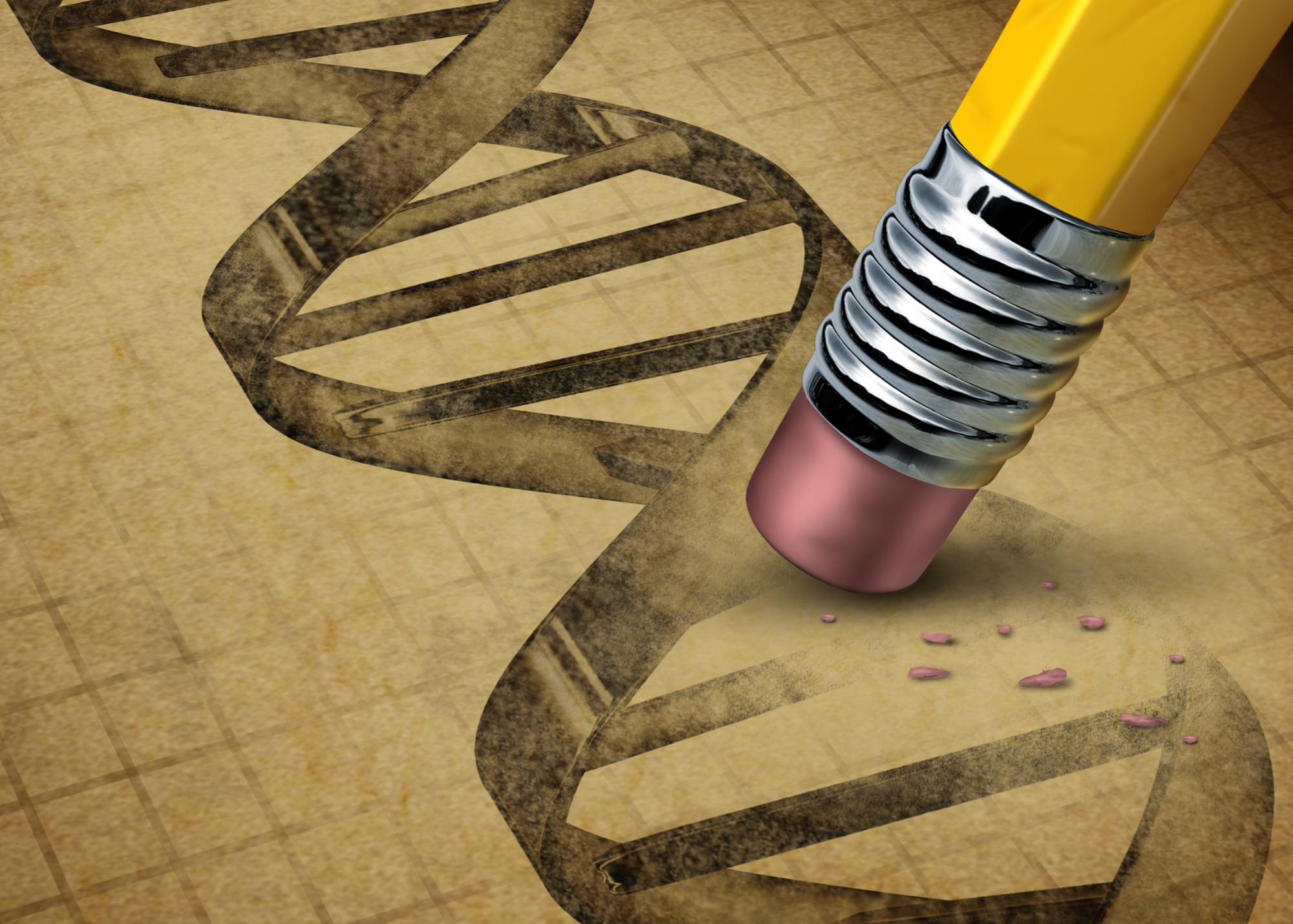
What Goes Up Must Come Down
If you're asking yourself,
"Why me? Why am I the one charged with unloading the overwhelming weight of my ancestors?”
The truth is, it does not have to be you.
Nobody is forcing you to be the person to address this pain.
If you want to keep living your life as it is, that is your choice.
But if you find yourself tired, stuck, and ready to move forward, you can enact real and meaningful change in your family for generations to come. It may be easier to confront if you consider it an opportunity or a gift rather than a burden. There is no doubt that this is hard and grueling work. It requires a massive amount of vulnerability, soul-searching, and probably therapy.
Healing is possible, powerful and purposeful!
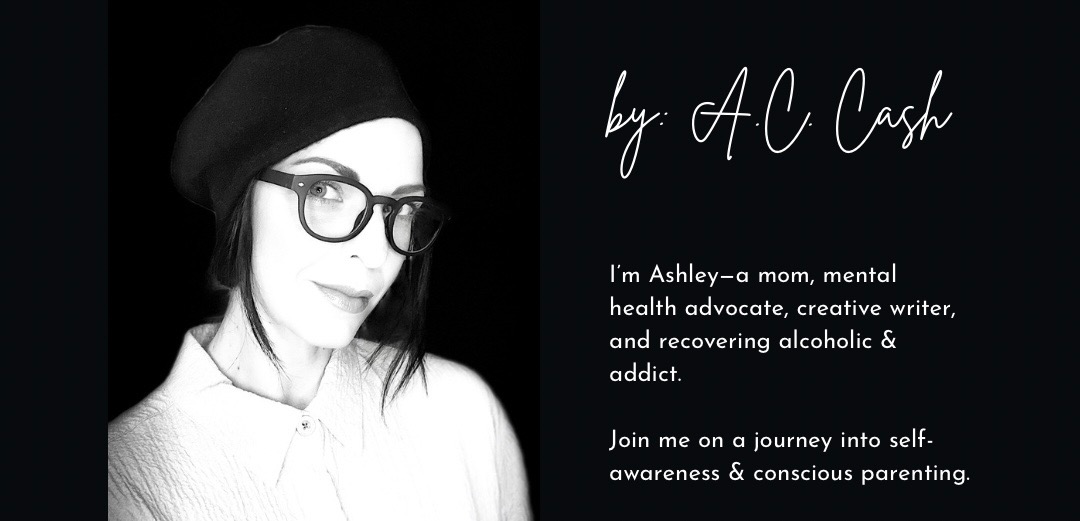
Post a comment